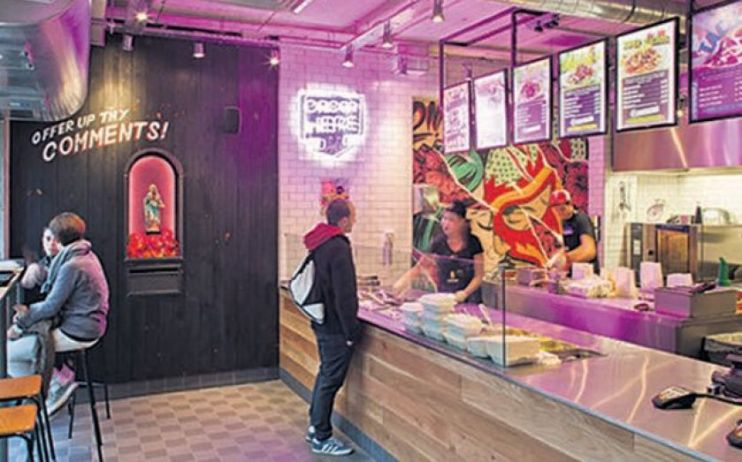Exclusive: Chilango eyes restaurant closures as it prepares to launch CVA

Chilango is considering shutting some of its restaurants as it fights to avoid administration.
The stricken Mexican chain will launch a company voluntary arrangement (CVA) as soon as tomorrow, ahead of a crunch meeting with shareholders next week.
Read more: Questions over Chilango’s future after burrito chain calls in restructuring firm RSM
The controversial restructuring agreement would allow Chilango to re-open rent negotiations with landlords to tackle its cash-flow issues.
The troubled company is in talks to shore up its business with a restructuring firm, and is over two months late posting its accounts.
City A.M. understands that Chilango will propose exiting several restaurant leases as part of the restructuring.
The plan will require the backing of company’s creditors, including around 1,500 small investors who bought its so-called burrito bonds.
Chilango declined to comment.
The company recently postponed its annual general meeting to 19 December, telling shareholders the delay would allow it to offer a “full update” on its future.
Launched by former Skype employees Eric Partaker and Dan Houghton in 2007, Chilango now has over 100 employees, and operates 12 restaurants in London, Manchester and Birmingham – half of which are in or near the Square Mile.
However, it has never turned a profit, losing £1.4m in the year to March 2018, the most recent period for which it has filed accounts.
Read more: Troubled burrito bond chain Chilango postpones AGM amid questions over future
In November, City A.M. revealed the chain was in talks with restructuring firm RSM to secure its long-term future.
CVAs have become a popular tool for Britain’s casual dining sector, which is battling higher staffing costs, changing customer appetites and pressure from business rates. Jamie’s Italian, Carluccio’s and Gourmet Burger Kitchen have all recently used them to close locations.
The company’s troubles have raised further concerns over startup companies’ use of mini-bonds to fund rapid expansion.
Chilango raised £5.8m from through the sale of two tranches of burrito bonds, in 2014 and 2019. A form of mini-bond, the burrito bonds allowed investors to purchase some of the company’s debt for a set period of time, in exchange for fixed interest payments.
Over 700 individuals backed the company’s first bond in 2014, while almost 800 supported its more recent offering, which closed in April.
Mini-bonds offer high interest rates but are unsecured – meaning bondholders may not get their money back if the company involved goes bust.
Read more: What are mini-bonds? Everything you need to know about the products hit by the FCA’s marketing ban
Regulators have trained their sights on the controversial investment products recently amid concerns amateur investors do not understand the risks they carry.
The financial watchdog recently announced a temporary ban on the marketing of some mini-bonds to retail investors from January while it consults on more permanent rules for the sector. Bonds such as Chilango’s burrito bonds would not be covered by the temporary restriction.